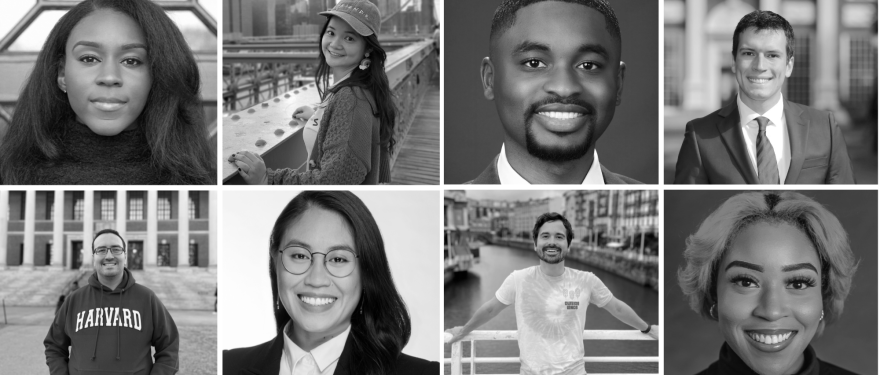The week of February 27 to March 3 is the inaugural Socioeconomic Inclusion (SEI) Week. HBS will be participating in events that highlight and celebrate socioeconomic diversity and inclusion on campus. This week is a powerful reminder of the value of diverse perspectives and the need for greater equity and inclusion in business and society.
Here, current HBS students share their personal stories about what being first-generation, low-income (FGLI) means to them through a storyboard series organized by Student Association in collaboration with Asian Affinity Business Association (AABA), African American Student Union (AASU), First-Gen Club, Latino Student Organization (LASO), and PRIDE.
WHAT DOES BEING FIRST-GENERATION, LOW-INCOME (FGLI) MEAN TO YOU?
Norquata Allen, Class of 2023
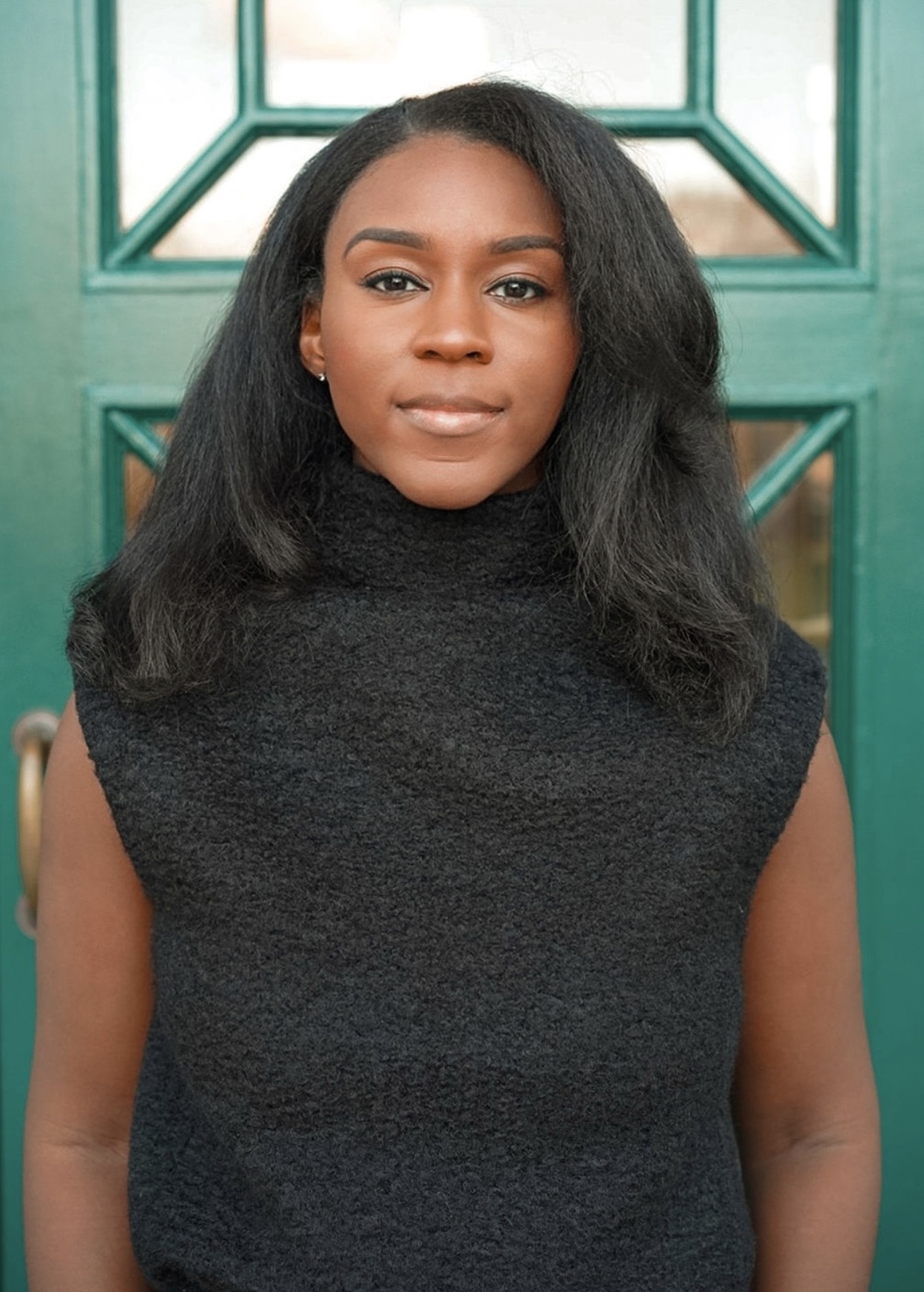
Being a first-generation college and graduate student represents sadness for me. I believe education to be essential to quality of life. Education breeds opportunity which, in turn, elevates life. So having parents and grandparents who were not afforded those opportunities meant that their lives took forms different from what mine ever will. But being first-gen also represents pride for me. That pride is in the fact that I have a family who, despite their lack of higher education, raised children who pursued education without hesitation. It could have been easy for them to expect me and my siblings to find jobs right after high school. Instead, they encouraged and supported us to do and be more, even sometimes through their own sacrifices. So here I am, proud of where I come from and proud of where I am going.
Abi Chen, Class of 2023
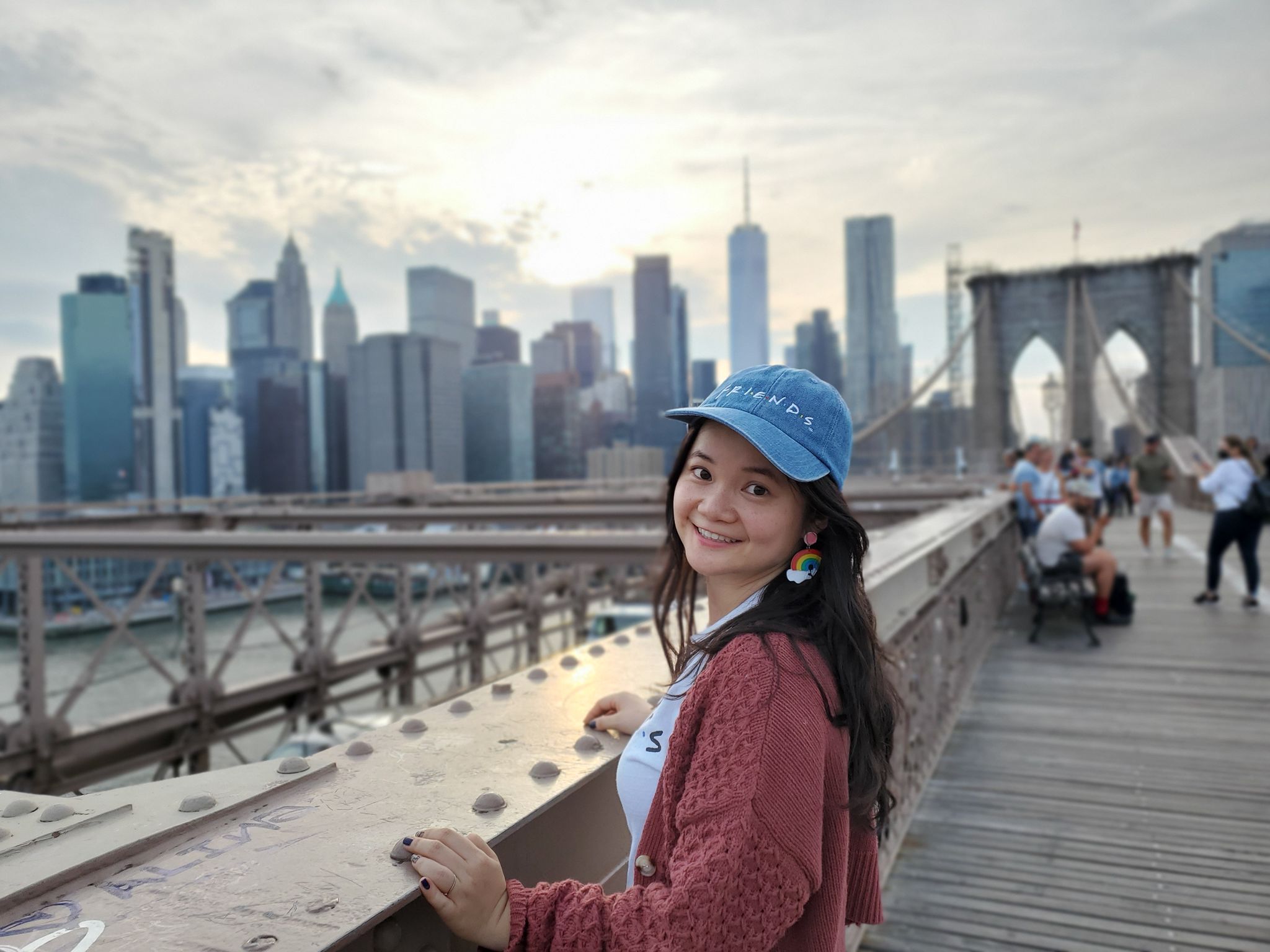
I grew up in the restaurant industry. To make ends meet, my parents worked in a number of restaurants ranging from delivering pizza to serving tables. Later, they opened a small American Chinese restaurant in Dallas, and in the classic fashion to save money, I would often help out.
At HBS, I have had the privilege to explore, reflect, and find my calling. I realize that I love food and restaurants! What started as a necessity in fact sowed seeds in me. What may be perceived as an impediment – growing up in a low-income household – in fact enabled me to discover my passion.
As an FGLI, I feel apprehensive to ask for help because I do not know how people may perceive me, and I worry about the financial risk of opening a restaurant without a safety net. However, I still dream that one day, I will open my own restaurant chain!
Sebastián Cisterna, Class of 2023
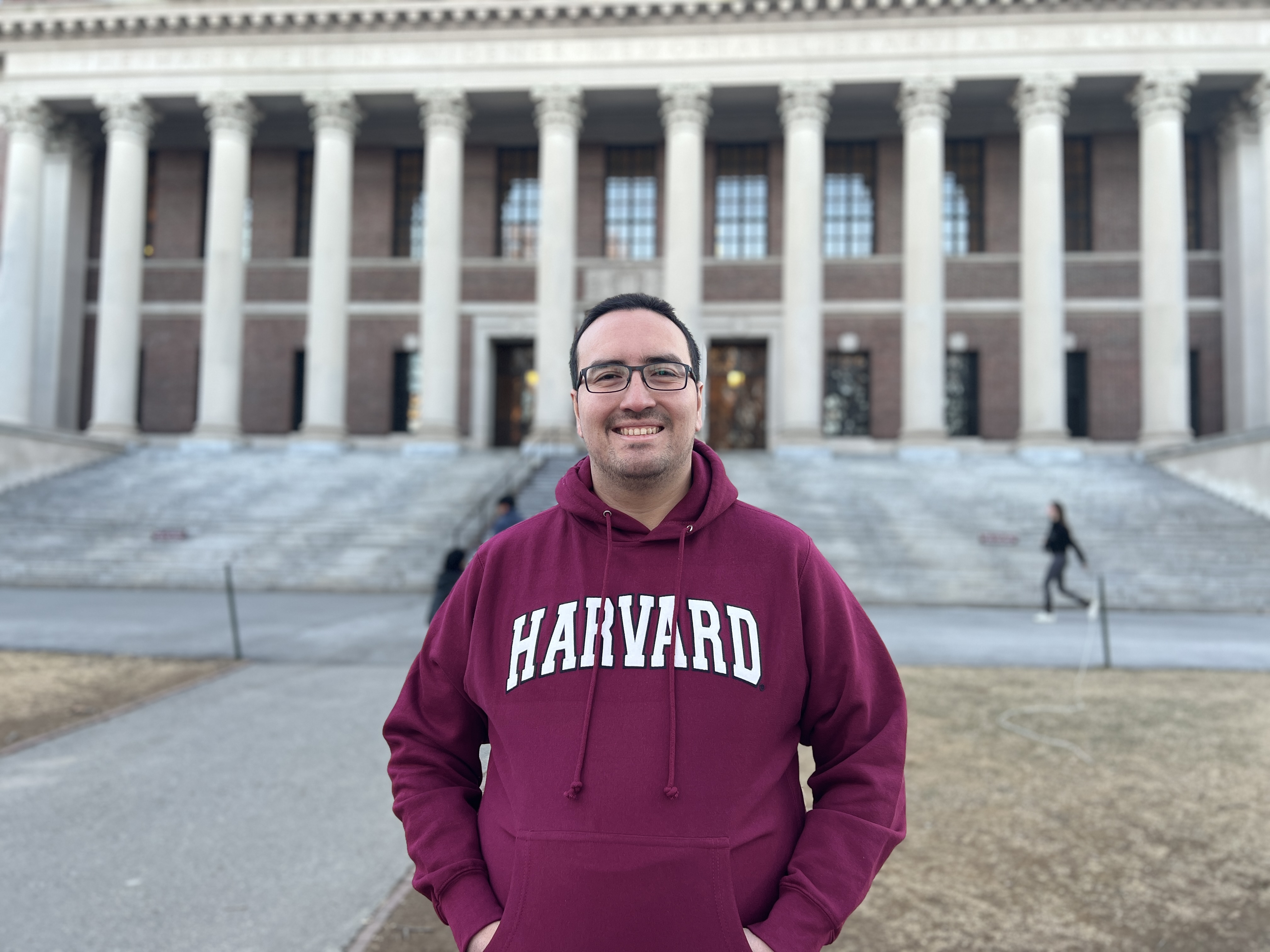
Being FGLI at Harvard is both a challenge and an opportunity. I often feel that I don’t belong here. I feel uncertain about the future due to a lack of representation, access to networks, and role models and stories to relate to. However, getting here also makes you a trailblazer, breaking down barriers and inspiring others who share similar backgrounds, especially from my same region and country (Chile). As a first-generation, low-income student at Harvard, you not only stand out as a statistical anomaly but also as a source of hope and encouragement for others pursuing similar goals. This experience is both a burden and an inspiration, a struggle and a calling.
Brandon Corts, Class of 2023
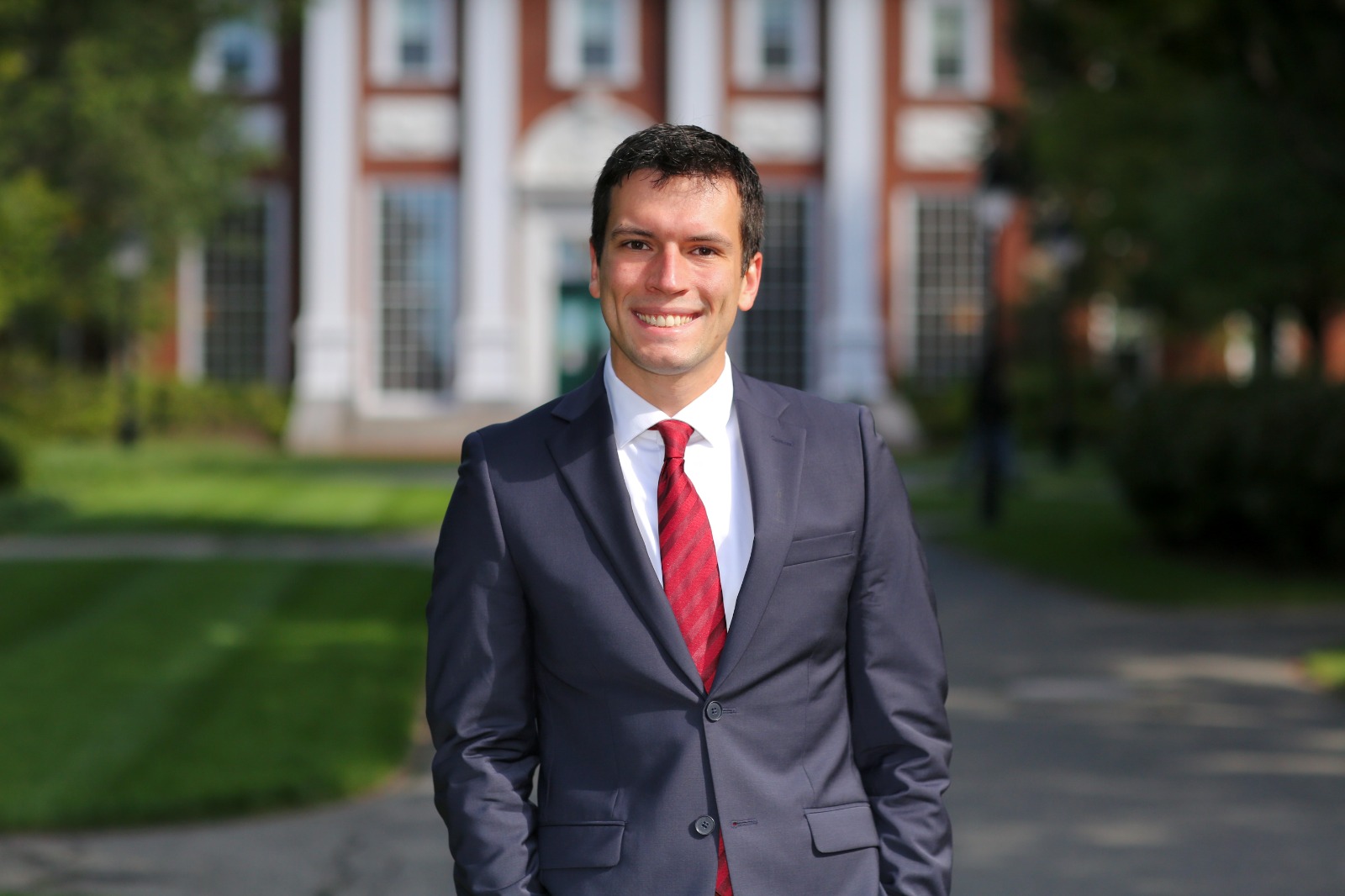
It's embarrassing admitting you had never left the country until your second semester at HBS,
or negotiating a salary that is multiples of anything your family has ever made,
or keeping track of who you told what about your financial aid,
or admitting you’ve never worn a tux or tailored suit.
It’s humiliating having no clue what is going on during the skiing or wine or fashion cases,
or knowing you will never raise a meaningful friends and family round for your startup,
or explaining overlapping jobs that go back to high school on your resume,
or googling how to shave or change a tire or tie a tie.
But it’s humbling looking back at all the things that you shouldn’t have been able to do,
and realizing that you aren’t the only one out there struggling,
and accepting that it is who you are,
and seeing how far you’ve come.
Jerome Fulton, Jr., Class of 2023
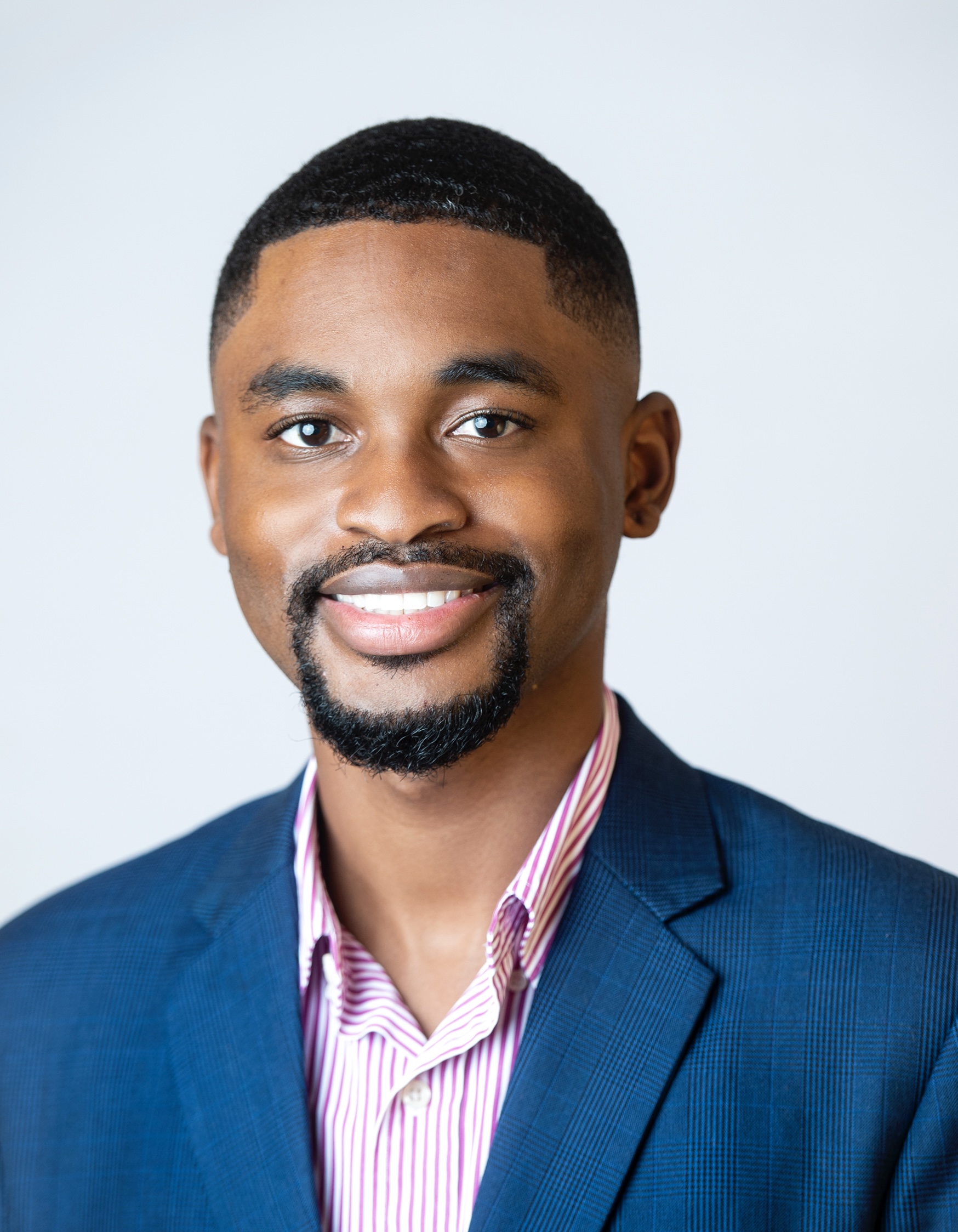
Being a first-generation college student is a badge of honor. It signals that I am the first person in my family to become formally educated and be put in a position to advance my family’s socioeconomic status. Pursuing post-secondary education proved to be a rewarding challenge. This educational journey has allowed me to develop a high level of emotional intelligence and grit that have carried me throughout my professional career. There were times my lack of understanding of the collegiate ecosystem and corporate America made me feel embarrassed and uncomfortable. However, I quickly realized that my lack of knowledge encouraged me to be a lifetime learner and to help others. Today, I am proud to be a first-generation high school and college graduate.
Amari Griffin, Class of 2023
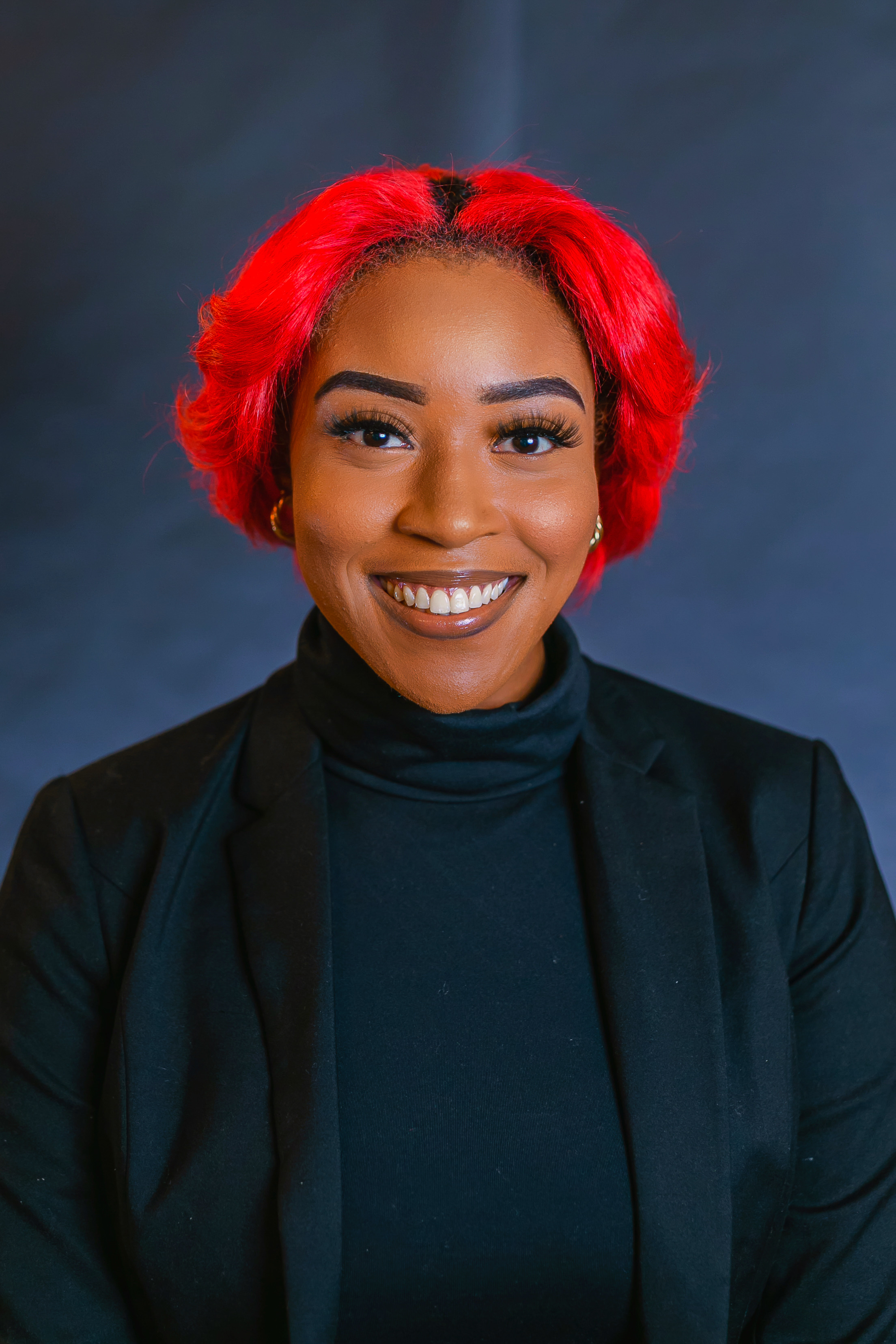
FGLI students are like 2Pac’s rose that grew from concrete.
In his poem, 2Pac talks about the rose “proving nature’s laws wrong” and flourishing in an environment that does not foster growth. He acknowledges that it is the rose’s own determination to persevere that allows it to bloom despite the hardships it faces.
This is the experience of FGLI students. Most of us come from underprivileged communities, where we do not have access to the same economic and social opportunities as others. We come from environments that don’t always aid in our individual growth and success. BUT we find ways to thrive anyway... because we are determined to do so. And because we know that we can.
And when we do thrive, we always return to our communities and plant seeds of knowledge, so the next generation can grow in a garden, and not from a crack in the concrete.
Chase Knowles, Class of 2023

I shouldn’t be here. Statistically at least. Temporary job to temporary job, layoff to layoff, somehow believing hard work will make you successful doesn’t usually pan out the way they teach you in America.
Did I work hard? Definitely. Did I work harder than 99% of the others students born into poverty and addiction that didn’t make it here? I doubt it. But that’s harder to hear.
We like hearing the success stories. It validates our own work and affirms the meritocracy myth. It helps us feel deserving. Cognitive dissonance. Feeling you earned a spot and wanting to be proud of your success but knowing so many people like you also should have earned the same seat; working hard couldn’t have been the only reason.
Being FGLI at Harvard means balancing that line. It’s understanding I’m still that guy from Nutbush, but now I get to debate the merits of capitalism. HBS gives me the business acumen, experience, and unfortunately necessary credibility to try and drive systemic change. It’s about finding ways to use a voice that statistically shouldn’t have made it here to challenge the status quo.
Being FGLI at Harvard means using an opportunity to drive change that will help the 99% that didn’t make it here.
Trang Luu, Class of 2024
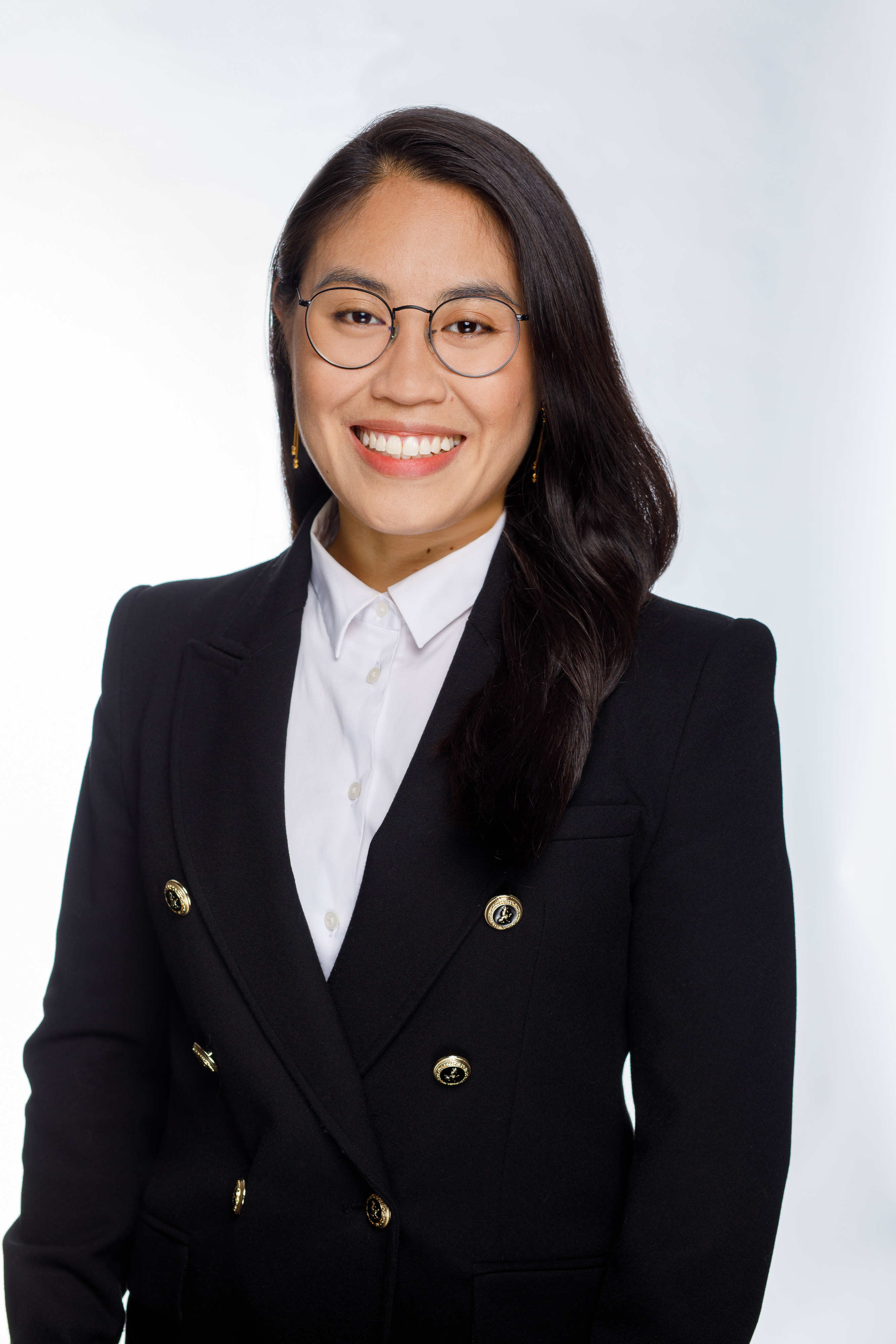
To me, being FGLI means breaking down barriers and adding rungs to help others climb the socioeconomic ladder behind me. It means carrying the weight of my family’s hopes and dreams, often alone and behind a mask of paper bravery. When I was younger, I often wished I had more guidance on how to navigate the American system. I have always had the feeling of anxiety over what I don’t know I don’t know. Nonetheless, uncertainty begets excitement. As the first in my family to unlock elements of the “American Dream,” I feel like a trailblazer. As I reflect on my journey thus far, I realize that those difficult years made all the difference to cultivate my grit, build my confidence, and strengthen my will.

